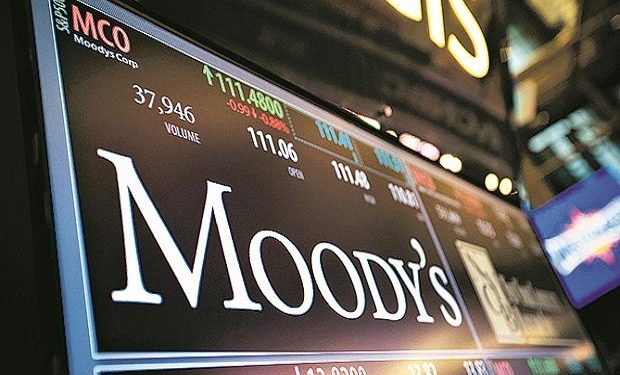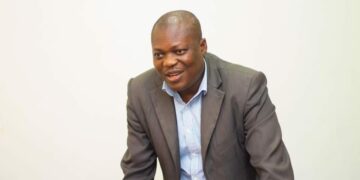Moody’s urged to review Ghana’s appeal on rating downgrade
Moody’s Investors Service has been urged by an African Union-backed panel to review an appeal made by Government of Ghana [GoG] against the rating agency’s downgrade of the country’s credit rating.
“Taking such a major rating decision that threatens debt sustainability of the country should be treated with seriousness,” the African Peer Review Mechanism said in a statement on its website.
“Moody’s have failed to do that”, it added.
Moody’s reviewed downwards Ghana’s long-term debt to Caa1, from B3 on Friday, 4th February, 2022.
To this end, the Finance Ministry on Sunday, 6th February, 2022 criticised Moody’s decision to lower its rating further into junk status and described the rating as questionable because of the incomplete data used.
The Finance Ministry cited the omission of key material information from the assumptions driving some of Moody’s forecasts and projections such as the 2022 budget expenditure control measures, the 2022 upfront fiscal adjustments and inaccurate balance of payment statistics as well as the appointment of a new primary credit analyst, only four weeks prior to such a major credit rating decision as the major reasons.
It also questioned the committee’s refusal to consider deferring such a monumental rating action until the analyst had enough time to more fully understand both the quantitative and qualitative aspects of the Ghana credit story.
In a statement, it said the government of Ghana is completely puzzled by the decision to downgrade Ghana’s credit rating to Caa1, despite the series of progressive engagements it had with the team from Moody’s, the quality of the data supplied, as well as the medium-term economic and fiscal focus of the government, underpinned by key fiscal consolidation reforms such as the policy decision to cut expenditure by 20%, as recently announced by the Minister for Finance, Ken Ofori-Atta.
Meanwhile, the World Bank Vice President for Africa in charge of Western and Central Africa, Ousmane Diagana, has declined to comment about the implication of the negative ratings on Ghana’s economy saying, “the practice of the World Bank is not in charge of defining the developmental goals of countries.”
“There are sovereign responsibilities and sovereign decision for that; so Ghana is absolutely responsible for defining its own policies, putting in place and finding the best way actually to mobilise resources in order to implement its vision and policies”, he pointed out.
Continuing, Mr. Daigana said the World Bank is not part of the rating agencies work, adding “for many years, we have supported Ghana in a number of sectors. Of course the economic conditions has not been all that rosy, but today when you look at the economic trajectory of Ghana, I think there is a reason to praise the government. In our advisory role, this performance, this accomplishment must be sustained”.
“Once you have make progress you [sovereign nation] need to sustain it. How to get there, there are a number of things we [World Bank] can do; we have analytical programmes we work on, but we do also have technical assistance programme that we put in place and special investments programme”, he stressed.
“I think we should mitigate and address the challenges, create a condition for Ghana to continue to develop and create better resources for its people”, he asserted.








